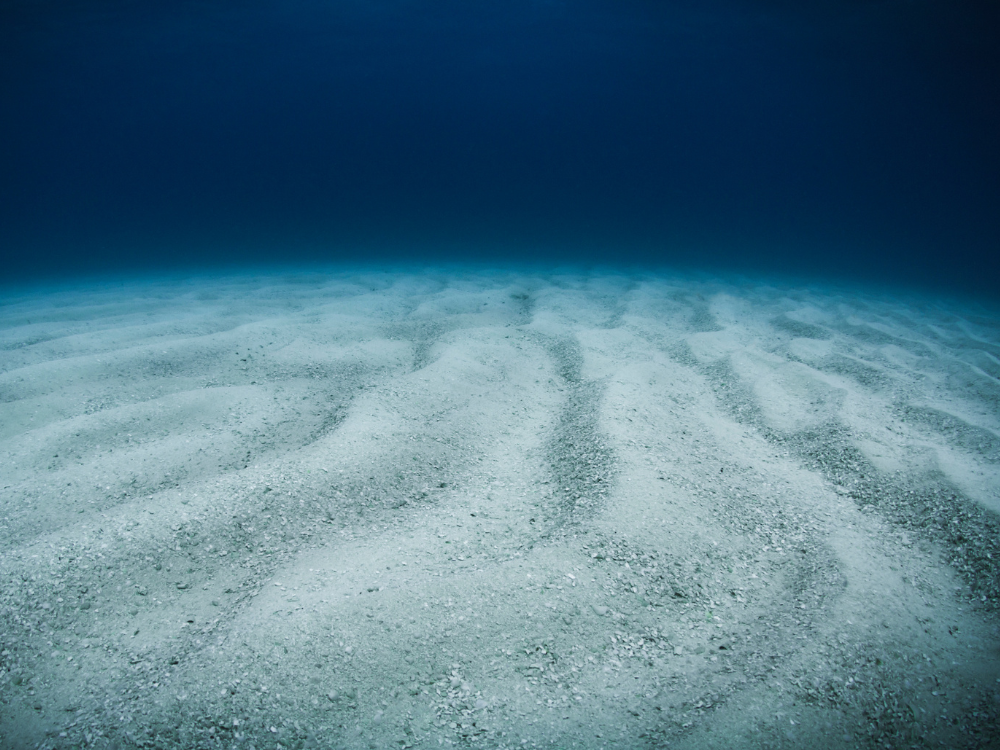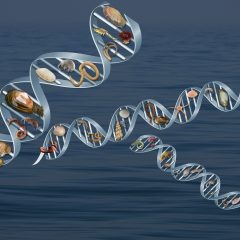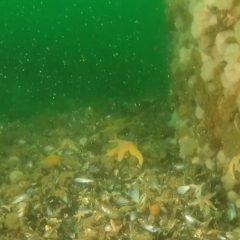Research project Effects of aggregate extraction on the sea floor and the marine benthic life

General introduction
What is the impact of sand and gravel extraction on the benthos in the Belgian part of the North Sea? There is a strong correlation between the habitat (the environment) and the presence of various benthic animals. This project examines how this relationship is disturbed due to aggregate extraction. We investigate how structural changes in the benthic community compositions influence the functioning of the food web, which can have an impact on the commercial fish, shellfish and crustacean populations of the North Sea.
Research approach
Quantitative and qualitative analyses on the sediment and the bottom fauna (macrobenthos, epibenthos, demersal fish) are conducted biannually to detect short and long term variations or trends in the diversity, density and biomass of the benthos in relation to sediment composition and other environmental variables. We investigate to which extent the extraction of sand and other aggregates have an impact on the benthic ecosystem in and around the four current concession areas as compared with a few reference zones.
Relevance/Valorization
Currently, circa 2 million m³ of marine aggregates are yearly extracted from the BPNS. Based on the long-term scientific research that has been funded by the industry itself, policy recommendations are formulated on a three year basis, with the goal of limiting the effects of sand and gravel extraction on the benthic ecosystem and the damage to other sectors (e.g., fisheries). This advice also contributes to the sustainability of aggregate extraction.





